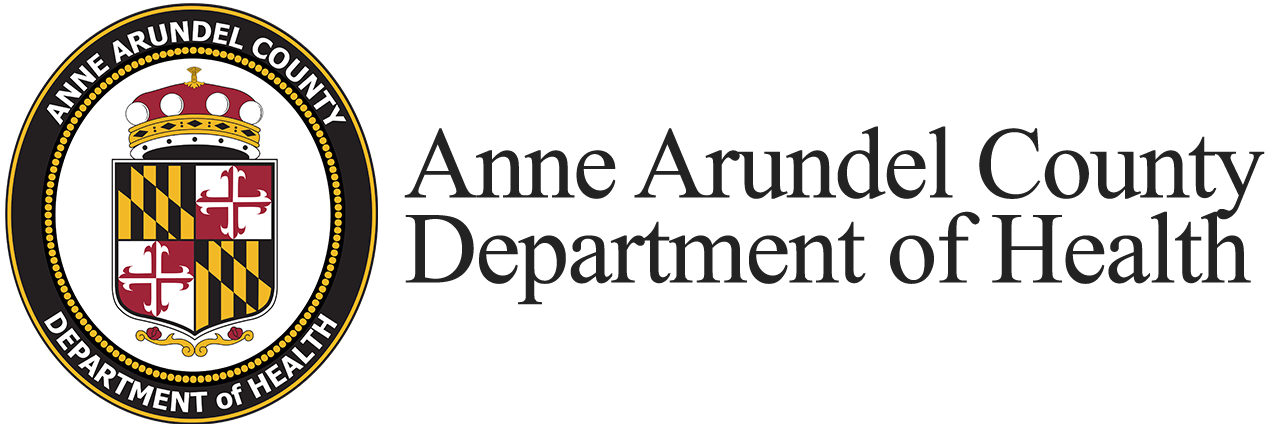When a critical event stems from natural disasters, such as a tornado or flood, a person’s response may be fear or a feeling of helplessness, but the event itself is a known phenomenon and time limited. When the critical event is caused by humans, our reactions are often more complex, and negative feelings may be difficult to overcome. Here are answers to questions you and your family may have as a result of terrorist acts or other critical events that affect you directly or indirectly.
Why are terrorist acts stressful even to people who are not directly affected?
Terrorist attacks are stressful because they are shocking and occur without warning. They change one’s life in a matter of minutes. A safe place suddenly becomes unsafe. There is uncertainty as to the type of agent, such as mail or planes, which may be used for more destruction. This uncertainty leads to anxiety and unhappiness. We begin to fear the coming of more danger.
What feelings are normal as a result of a critical event?
You may feel sad, anxious, helpless, angry, afraid, irritable, moody, tired, restless or even guilty that you were not harmed. You may have trouble concentrating in school or at work. You may have nightmares or difficulty sleeping. Your appetite may change — eating too little or too much. You may want to be alone more often, or you may not want to be alone at all.
Will this stress cause physical upsets?
Yes. Feelings of severe stress may cause physical upsets. Some of the most common physical disorders caused by stress are headaches, stomachaches, sweating, heart palpitations, increase in blood pressure, increased allergies, rashes, colds, flu-like symptoms and sleeping problems.
Should I assume that my physical problems are stress related?
No. If any of the physical symptoms are severe or persist beyond a couple of days, see your physician. Besides, concern about your physical health will only worsen your emotional health.
How long will it take for me to feel better emotionally?
Over time you should have fewer and fewer thoughts about the incidents. Your life should gradually begin to feel more normal. You may need extra help to cope if you still feel upset, fearful or nervous; are unable to work or care for your children at home; have important relationships that are growing worse; use drugs or drink too much; have frequent nightmares; can’t stop thinking about the attack; or can’t enjoy life at all.
What can I do to help myself feel better?
- Share your feelings with friends, family and peers. Coping is easier when people support one another.
- Structure your time routine to give yourself a better sense of control.
- Limit your TV viewing. Being constantly bombarded with images of destruction and violence can prolong the healing.
- Eat balanced meals. Give your body every opportunity to work for you.
- Exercise. Work out to help work off depression.
- Make sure you get enough rest.
- Do things that make you feel good.
- Avoid alcohol, tobacco and street drugs that can be destructive in times of stress.
What can I do to help my children feel better?
It is important for parents, teachers and caretakers to assure young people that they are still in a safe environment. You should:
- Be aware that children have been affected by critical events, even if they may not verbalize their feelings.
- Understand that children need to hear from you and other adults that they are safe.
- Pay attention to their scary feelings. Say, “That photo looks terrible, doesn’t it?” Explain that a few people don’t care about hurting others; however, most people care and try to help those who are hurt.
- Allow your children to talk and ask questions. Discuss their concerns and help them sort out what is true and untrue.
- When possible, continue to carry out daily routines and family outings. Your calm, positive attitude will help make your child feel calm and hopeful about the future.
- Screen your children’s TV and movie exposure, as violent shows and scary images may increase their uneasiness. Limit your children’s viewing of news about terrorist events.
- Be patient and reassuring. A hug and kiss go a long way with children of all ages.
To whom should I turn if I need professional help for coping?
The Anne Arundel County Mental Health Agency has a mental health line available to County residents seven days a week, 24 hours a day. The number is 410-768-5522. Also see, Coping with Stress.
The Anne Arundel County Department of Health offers health information to County residents with questions concerning bioterrorism. Information may be obtained at:
or by calling 410-222-6725, Monday through Friday, 8:30 a.m. to 5 p.m.

